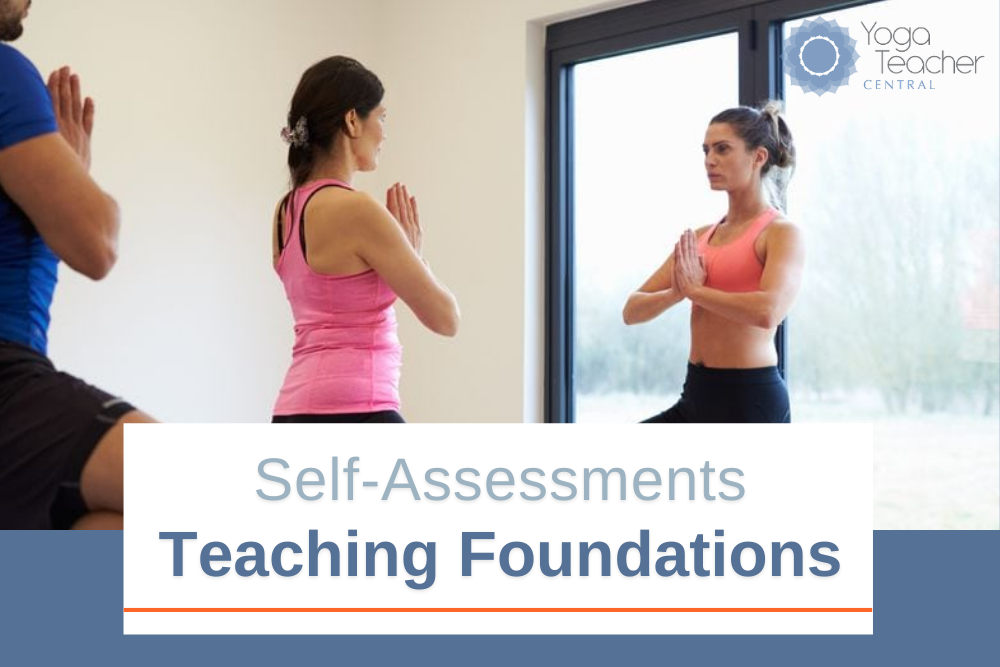
Introduction
Quickly assess your knowledge of Teaching Methodology Foundations, and identify gaps in your education. See below for assessments on these subjects:
- Teaching Methodology Foundations
- Personal Practice & Knowledge
- Space & Logistics Checklist
Purpose
Offer a series of free quizzes for yoga teachers to:
- Provide an effective way to assess knowledge of each of the Teaching Knowledge Standards.
- Make it easy to self-assess privately, on your own time.
- Help teachers who identify educational gaps to bolster their knowledge with accessible and practical lessons.
More Self-Assessments
For more self-assessments, see the Standards & Self-Assessment Hub.
Teaching Methodology Foundations – Overview

Teaching Standard
Become familiar with the scope and range of foundational skill sets for effective yoga teaching.
Assessment
- Name four or more general categories of skill that contribute to good yoga teaching.
- While teaching, what are some priorities regarding presence and mindful awareness?
- Describe specific objectives related to improving knowledge of teachings.
- Give examples of skillful teaching.
- What tasks contribute to promoting student safety?
- What are some practical tips for effective teaching?
- Describe three levels of teaching.
Humility & Boundaries
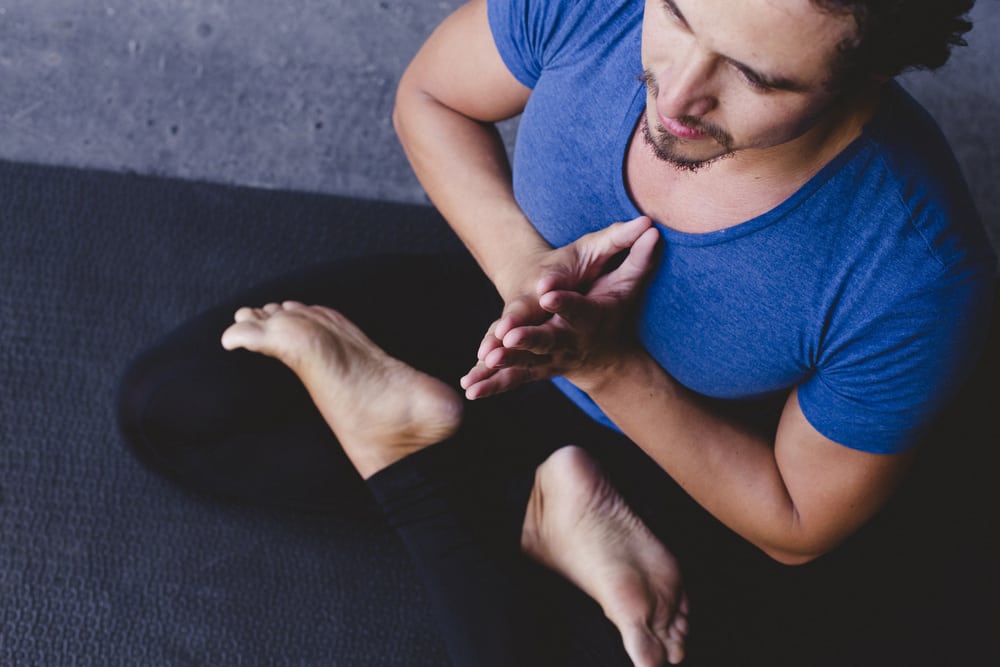
Teaching Standard
Be aware of the critical role of mindfulness and embodiment while teaching and explore how to apply humility and boundaries for optimum outcomes.
Assessment
- Summarize considerations regarding mindfulness, humility and boundaries while teaching.
- How exactly can you practice mindfulness while teaching?
- Provide examples of specific techniques that can help you to truly see students, honoring their wholeness and respecting their individuality.
- What can you do when student questions or comments seem to be pointing to a topic outside of yoga or your expertise?
Personal Practice & Study – Foundations
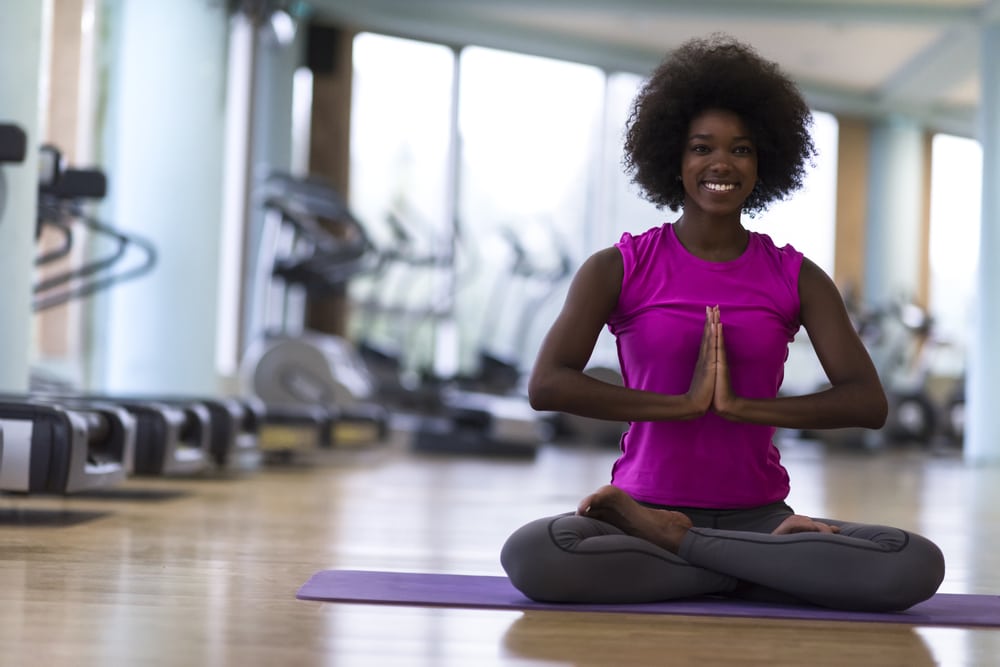
Teaching Standard
Explore the reasons why personal practice and self-study are vital for effective teaching.
Assessment
- Why are personal practice and self-study vital for effective teaching?
- What is the most important aspect of personal practice?
- Personal practice and self-study are forms of looking inward. In what ways is it also helpful to look outward to help you grow personally and professionally?
- What is the difference between “naive practice” and “purposeful” or “deliberate” teaching practice?
- Explain the implications of surprising research showing that a person who has been driving for 20 years is not a better driver than one who has been driving for five.
See Also
Here we explore this topic as part of teaching foundations. Go deeper in Personal Practice & Study + Embracing Suffering.
Skillful Teaching
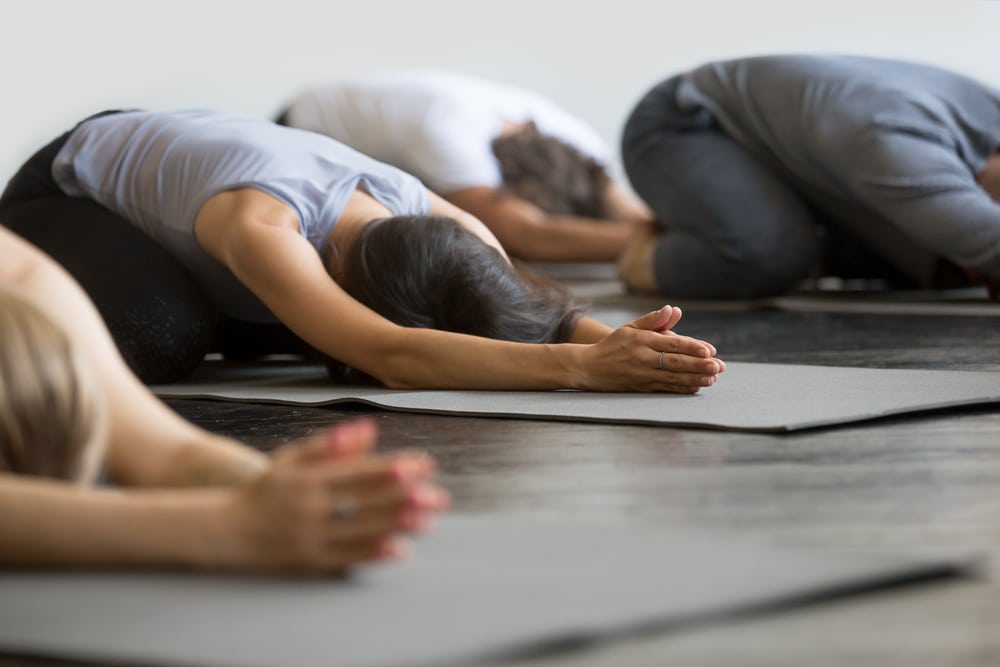
Teaching Standard
Be familiar with specific elements of artful and skillful teaching, and tools that can support you in developing your skillfulness.
Assessment
- Summarize 12 elements of artful and skillful teaching.
- Distinguish authenticity from complexity.
- Discuss the perception that harder poses or a challenging physical practice is important for progress.
- Discuss spontaneity and adaptation in teaching.
Promoting Student Safety

Teaching Standard
Be knowledgeable in how to foster a safe, noncompetitive environment and to promote student safety.
Assessment
- What type of attitude or approach adds risk to a yoga practice?
- According to research, which segment of the population sustains the majority of yoga-related injuries?
- It is necessary to undertake specialized study before teaching some populations. Which ones?
- What are some ways to foster a safe, noncompetitive environment?
- Why is it important that you teach students what it means to take responsibility for themselves — and how to do so?
- What additional strategies promote student safety?
Space & Logistics Checklist
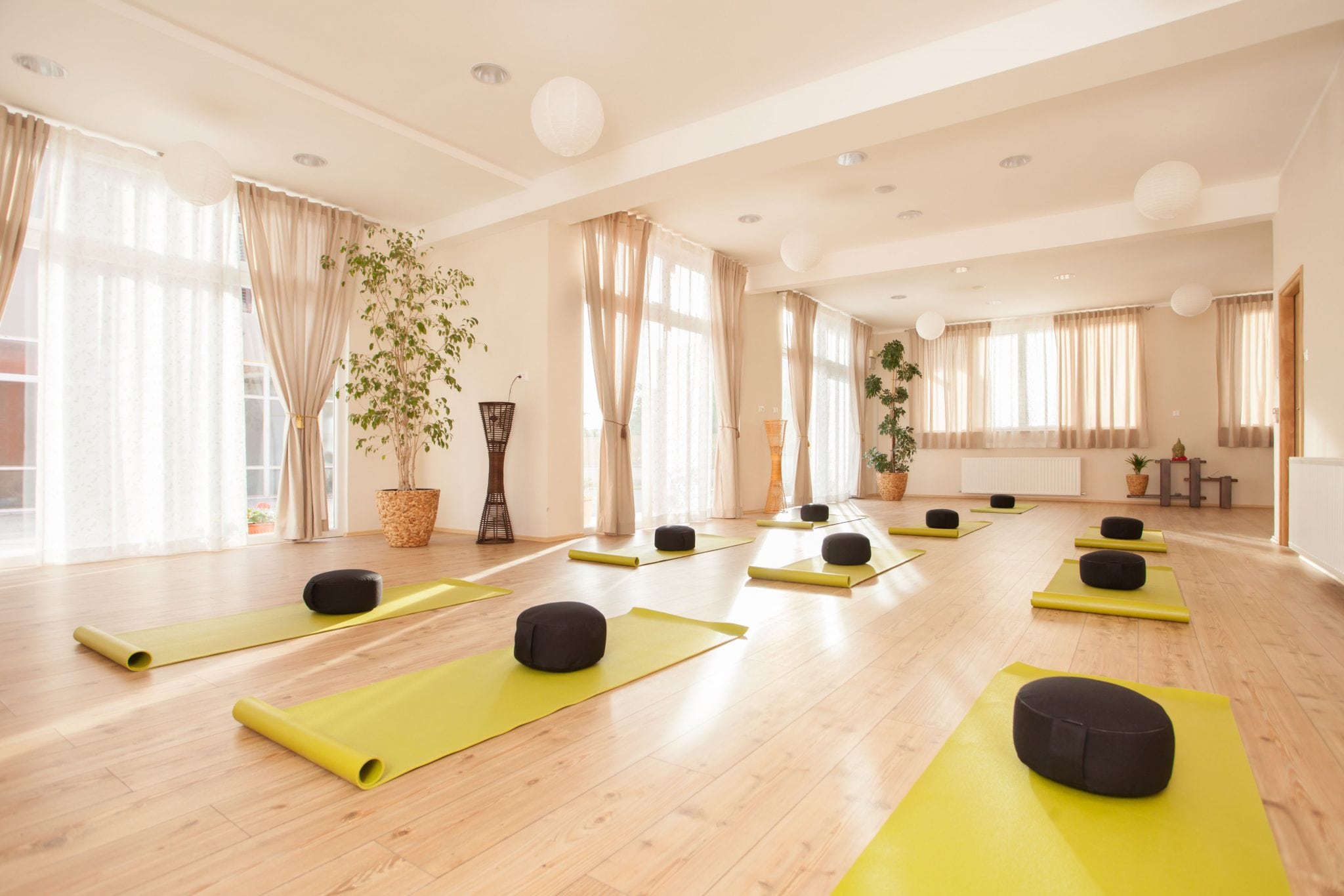
Teaching Standard
Be aware of a number of logistical and timing considerations to attend to before class, during class, and after class ends, plus considerations for obtaining student feedback.
Assessment
- Teachers are advised to adhere to the start and end times for class. Why?
- List six elements of the practice space to consider before students arrive.
- When teaching a class to be held in the morning, what are some considerations?
- When teaching a class to be held in the mid-day, what are some considerations?
- When teaching a class to be held in mid-day, what are some considerations?
- What are some considerations for classes to be held on a weekday vs. the weekend?
- New and established teachers alike may wish to solicit feedback in order to continually refine teaching to address particular student populations. What are some tools for obtaining feedback?
- An issue around obtaining feedback is that you may feel vulnerable and anxious in opening yourself up to potential criticism. What can help with this?
Sacred Space & Ritual

Teaching Standard
Become familiar with the significance of ritual and specific considerations for setting up a sacred practice space and honoring the Four Directions.
Assessment
- Define “sacred.”
- How can we demonstrate that something is “highly valued” and “deserving great respect?”
- What is the general purpose of mindfully setting up the practice space?
- Describe specific considerations for setting up a space.
- Define and describe ritual.
- Why is ritual valued?
- Describe the three parts of bowing and what they may represent.
- Name multiple types of safety in class.
- How might we define “holding space?”
Teaching with Themes
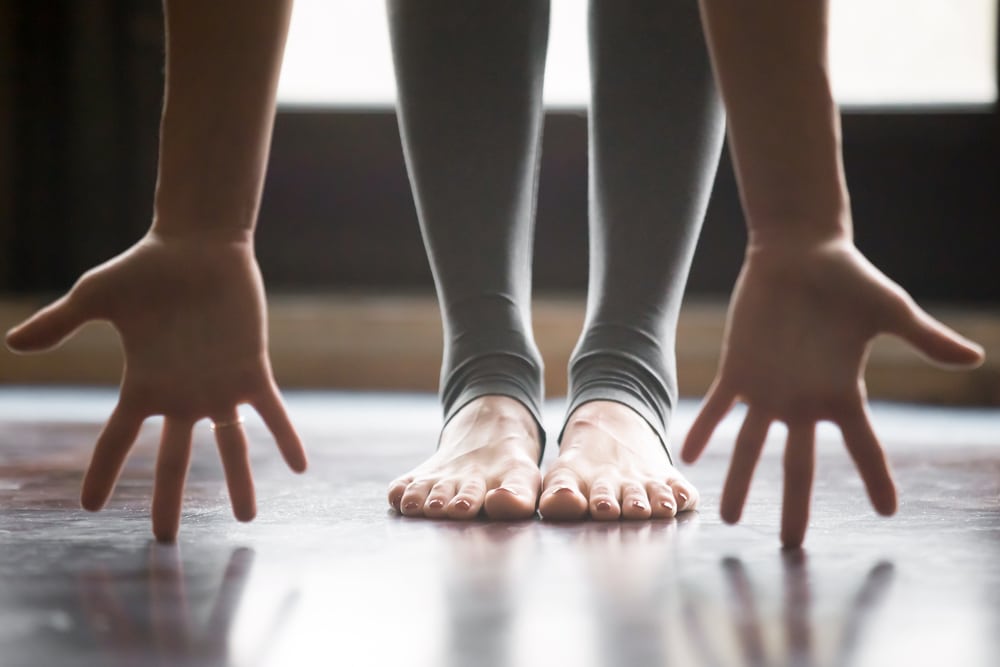
Teaching Standard
Be familiar with techniques and considerations for effectively teaching themed yoga classes.
Assessment
- What are some potential benefits of teaching themed yoga classes?
- What considerations or guidelines may support effective teaching of themes in yoga?
- Describe some of the subtleties related to “teaching what you know.”
- How might you teach concepts in a universal way?
- Describe the challenge of effectively distilling a concept down to its essence.
- What are some considerations that might help you effectively distill a concept for teaching it in class?
- What is a common mistake when introducing a philosophical point in class? How can you avoid this?
- What are some components of an effective theme plan?
- What are some ways to refine your teaching technique?
- How can you effectively teach a theme while also staying with students’ present moment experience?
Next Steps

- To view more self-assessments, go to the Standards & Self-Assessment Hub.
- To bolster your knowledge and be recognized as a YTC teacher, enroll in the Yoga Teacher Central Study Program (details below).
- Members, view clear and concise lessons:

In a Nutshell
- The enrollment fee is $25 and is open to Yoga Teacher Central members, past members and non-members.
- Members receive current membership benefits plus additional benefits listed below.
- Enrollment in the Study Program qualifies you for lifetime YTC Teacher status.
Benefits
Enrolling in the Study Program gives you:
- A downloadable Knowledge Standards Lesson Guide to walk you through a structured study path toward certification.
- Selection of 5 downloadable lessons of your choice (from a library of nearly 500).
- Recognition as a YTC Teacher (for life; no expiration).
- Professional marketing kit for highlighting your YTC Teacher status on social media and your website.
- Excellent preparation for taking certification exams.
Members
- Your current membership gives you online access to not only thousands of pages of organized study and teaching knowledge, but also sequence breakdowns and teaching notes, theme plans, injury cheat-sheets, and so on.
- When you enroll in the Study Program, you get these additional benefits: a Knowledge Standards Lesson Guide, selection of 5 downloadable lessons of your choice, and a professional marketing kit for highlighting your YTC Teacher status on social media and your website.

See here for information about exams, badges and certification. Get links for each exam, and for a no-risk trial exam.
We think you’ll enjoy taking the exams. The questions are well-thought-out and the subject matter is quite engaging and significant for teachers. You’ll get an inspiring teaching after answering each question. At the end of the exam, you see a summary of wrong answers and the relevant teachings, giving you a personal study guide targeted to your needs.
This is an hour well-spent!












